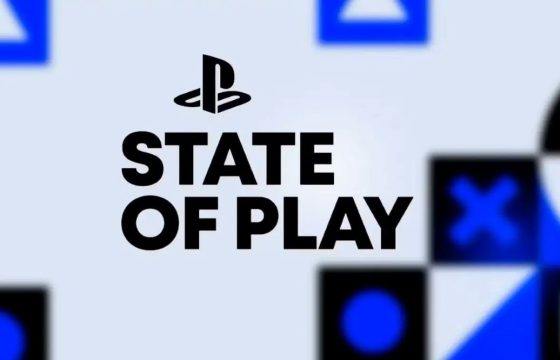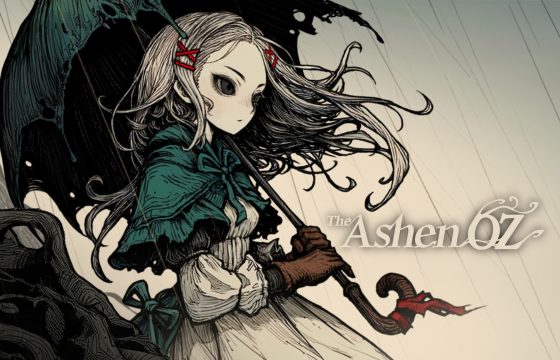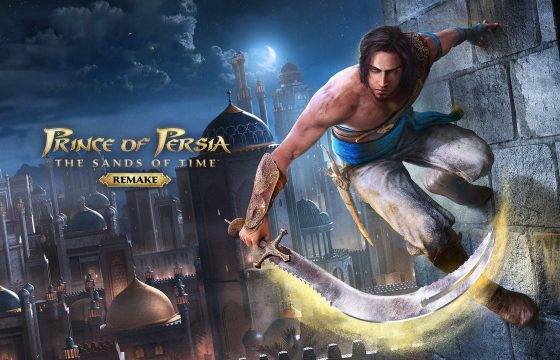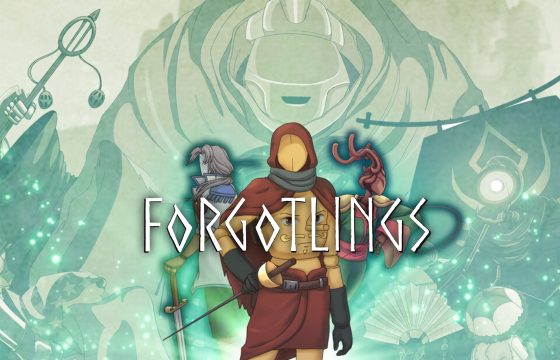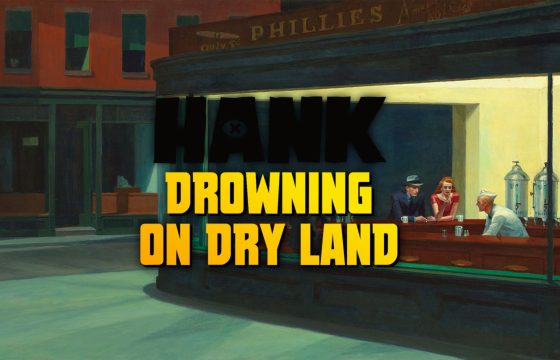Unveiling the Mysteries of Game Monetization
Understanding the stages of game development is important, but mastering the art of monetization is paramount. Let’s embark on this journey together.
Effectively monetizing a game is a fundamental priority for all companies and studios, regardless of their size. Crafting a sound plan to monetize the production efforts of a new game is of utmost importance. There are many phases that unfold from the inception of game development to its launch, and beyond, into post-launch support.
In this in-depth article, we’ll finally unravel the intricacies behind a game.
Let’s begin by discussing these diverse phases of monetization.

Pre-Production Phase
When a Studio/Company sets out to create a game, it must first define the progression structure and target audience: these are crucial choices that will determine the final outcome. Indeed, developers must carefully consider how to strike the perfect balance between fun, progression, and monetization to ensure the game resonates with the audience. A single mistake in this highly critical phase can undo years of work and, in some cases, jeopardize the entire company/studio.
Once these requirements are addressed, it’s essential to prepare a teaser announcement that generates irresistible hype. Therefore, the teaser is usually very brief, and every word and sound must be meticulously crafted. The scenes or images showcased should be the most controversial and intriguing, all designed to spark as many discussions as possible: numerous discussions and media coverage will generate more hype for the game and maximize pre-orders.

Full Game Development Phase
During this phase, all information must be effectively communicated to the public. The company must utilize every possible means to cultivate a sense of respect, credibility, professionalism, and “veneration” in the hearts of gamers: the fanbase is extremely important, and leveraging it as an advantage is the goal, as demonstrated by Ubisoft, EA, Game Freak, and CD Projekt. In the unfortunate event that the game fails to achieve the desired success, the goodwill and solid reputation gained serve as a lifeline amidst commercial disaster.
In light of the above, it’s a good idea to release several trailers showcasing development updates or gameplay mechanics to the public: this way, the lengthy development times are filled with content aimed at nurturing the relationship with the community.
However, fostering such high levels of expectation has a non-negligible aspect: the risk of leaks is very high and can cause serious damage to the company. Security is a crucial factor within a development studio; the leaks from Rockstar and Insomniac are examples of the harm that a leak can inflict.

Pre-Launch Phase
This is the phase where the studio must prepare launch trailers with the release date and preorder details. Communication during this period must continuously generate hype because the higher the level of hype, the more earnings can be obtained.
All games, whether bad (Anthem), deceptive (The Day Before, Cyberpunk), or good (God of War), with a highly curated marketing campaign, can be a killer app and sell many copies quickly. Preorders are essential, and using tactics to exploit “FOMO” – fear of missing out, a phenomenon that affects a large part of the community – can be a good strategy.
As Bethesda did with Starfield, those who preordered the Constellation Edition, the Premium Edition, or the upgrade to the Premium Edition (ONLY Xbox Play Anywhere) got up to a maximum of 5 days of early access on the official release date. This move brought in a lot of money and the game became free on Game Pass.
In recent years, announcing the release date has become a serious issue because delays have occurred frequently. Such delays – it’s known – do not attract mass audiences, let alone investors. In this case as well, good communication is essential because the audience hasn’t hesitated to show its negative side, leading to phenomena like review bombing and attacks on Naughty Dog’s developers or actors.

Launch Days
Launch days are crucial, they need to be handled with a lot of professionalism, and if the promotional campaign has worked well, this period can be very rewarding. This is the moment when the team needs to listen to all the feedback and, thanks to it, improve the gaming experience. This is certainly not the time to relax, and many companies know this.
There are many genres and progression modes, and for each case, there is a right way to monetize the game in the long term: for example, expansion packs can be added like CD Projekt or Bethesda, characters like Netherrealm in Mortal Kombat, and multiplayer, Battle Royale, live services with loot boxes, skins, cosmetic items, XP upgrades, and more.
All of this is aimed at attracting the impressionable masses (young audiences attracted by game content creators like FIFA through the collectible card system) and the “whales” (a term used to define the audience that spends more money on live services and mobile games in particular).

Categories of Games
There are four categories of games classified by progression modes, and all of them require developers to tackle the “ice barrier,” a mental construct that all players have that defends them from excessive spending.
Over the years, the video game industry has developed or manipulated many game mechanics, creating cosmetic microtransactions, weapon packs (for mobile games or live services), numerous gambling mechanics with random loot boxes, many patents for enhanced earnings, and the “season pass.”
Let’s discover together how companies monetize these genres.

Skill-Based Games
In this type of game, monetization is more challenging compared to others because players don’t feel compelled to use real money to gain gameplay advantages. Their “ice barrier” is therefore harder to overcome, so to monetize immediately, the company/studio may resort to expansion packs or DLCs, which, however, won’t prevent a decrease in long-term monetization opportunities. The only way to achieve high financial returns over time is through remastered versions, ports, and remakes.
The success of these endeavors will only be possible if the company/studio has previously done an excellent job of communication and game structure, as described above, in order to obtain/consolidate maximum community support and approval.
Examples of this approach include Skyrim and its remastered versions, as well as the recent remakes of The Last of Us and The Last of Us Part 2.

Grinding-Based Games
These types of games are mostly RPGs and JRPGs, and sometimes first-person shooters with RPG mechanics. Highly immersive and captivating, these games “take advantage” of players’ time, forcing them to spend many hours doing the same thing or mission to earn in-game XP or money and power up in higher levels.
Developers like Ubisoft, Activision, and mobile developers use microtransactions for bonus XP or leveling acceleration to give players the chance to power up their characters more quickly, all with one goal: to multiply the hours of gameplay.

Pay-to-Play
These types of games have a straightforward model, initially presenting some easy and free levels to hook players and show them what they can get by paying. Once these levels are surpassed, players encounter a paywall, and the only way to overcome it is by paying or grinding in-game currency. They are the most common games found on mobile devices.
The pay-to-play model has also been implemented to create multiple versions of the same game. Games like Entropia Universe, Second Life, or EVE have created an entire economy based on real-world money from players worldwide. Others, like Fortnite, use pay-to-play only for character aesthetics, attracting a young audience with famous characters or “pleasant” skins.
Live services like FIFA use the pay-to-play system to create albums aimed at acquiring collectible card packs by paying. A somewhat old-fashioned method, made current, for monetization.
Known as Ultimate Team, this type of system traps many “whales” (people who spend a lot of money on microtransactions, similar to gambling) in extremely perilous situations: many families, in fact, have been ruined because of this system.
Remember, they call all of this “Surprise mechanics“!

Wait-to-Play
The purpose of these games is to capitalize on the most important aspect of people’s lives: time.
Two models belong to this category:
- The first relies on starting the game with infinite “gems” to speed up all actions, but at the end of the level, one must wait an extremely long time to perform other basic actions. Each time you take an action, the required time increases, from minutes to hours, and in the worst cases, days. (Clash of Clans, Dungeon Keeper Mobile, mobile strategy games…)
- The second involves a limited amount of energy, and each action or mission will require that energy, forcing the player to wait for it to recharge or to purchase game boosters, extra moves, and unlimited lives. (Candy Crush Saga, some mobile action games).
These models can be monetized by selling energy refills, gems, and boosters through the many package offers available in stores. Companies are well aware of society’s greatest weakness in this time: frenzy.

How to Defend Against Whale Hunters?
The first thing a player, whether new or experienced, must remember is that the gaming world is vast with many worlds to explore. Every player must be a conscious individual and follow themselves and their own tastes, not the masses, basing their choices on a perfect understanding of the development studio and the production phases of a game. But there is something even more important that a player must do, ask a simple but not trivial question, wonder if this or that game is truly made with heart and passion and finally ask oneself: “Will I be able to feel its soul when I play?”
This time we want to conclude our analysis with an important quote extracted from a conference on the subject:
“If a Wall Street trader and an oil sheikh were to clash… who would win?”
“The development house!“


